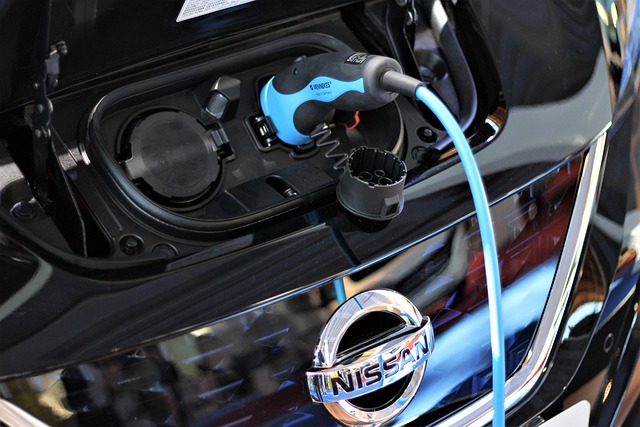As our urban landscapes continue to evolve, the concept of smart city mobility emerges as a beacon of hope for sustainable development. The pressures of rapid urbanization have made it essential for cities to rethink how they approach transportation, thereby reducing their ecological footprint. Smart city mobility represents a transformative way of integrating technology with urban transport systems to promote efficiency and sustainability.
In these technological smart cities, various green technologies come into play, facilitating seamless connectivity through electric vehicles, bicycle-sharing programs, and smart public transport systems. By harnessing renewable energy sources, cities can power their transportation networks, creating a carbon-neutral environment. Imagine living in a city where public buses run on solar power, or where charging stations for electric vehicles are as common as gas stations. These advancements not only ease commuting woes but also significantly reduce greenhouse gas emissions.
Moreover, sustainable development becomes a reality when urban planners prioritize smart city mobility. By utilizing data analytics to assess transportation patterns, cities can optimize routes, minimize congestion, and enhance the overall commuting experience. This not only saves time for residents but also reduces idle times which contribute to higher emissions. Urban areas equipped with smart mobility solutions can foster a culture that encourages walking, cycling, and the use of public transport, effectively lowering individual carbon footprints.
The rising demand for green technologies showcases a collective shift towards sustainability. For instance, autonomous electric shuttles can navigate busy streets, providing efficient and accessible transportation options. With innovations like these, cities become more than just concrete jungles; they transform into ecosystems that encourage a harmonized relationship between residents and their environment.
Moreover, these mobility solutions are not just options but necessities for achieving a sustainable urban future. The need for and role of smart city mobility in reducing emissions and promoting public health cannot be overstated. By providing residents with reliable, clean transportation alternatives and ample support for local initiatives, cities can cultivate communities that prioritize sustainable living.
Ultimately, the integration of smart city mobility into our urban fabric is essential for propelling us toward a greener future. By embracing these solutions, we take substantial strides in reducing our ecological footprint, improving air quality, and promoting a healthier lifestyle for all. As we move forward, let us keep this vision in mind: a future where our cities not only thrive but also nurture our planet.




